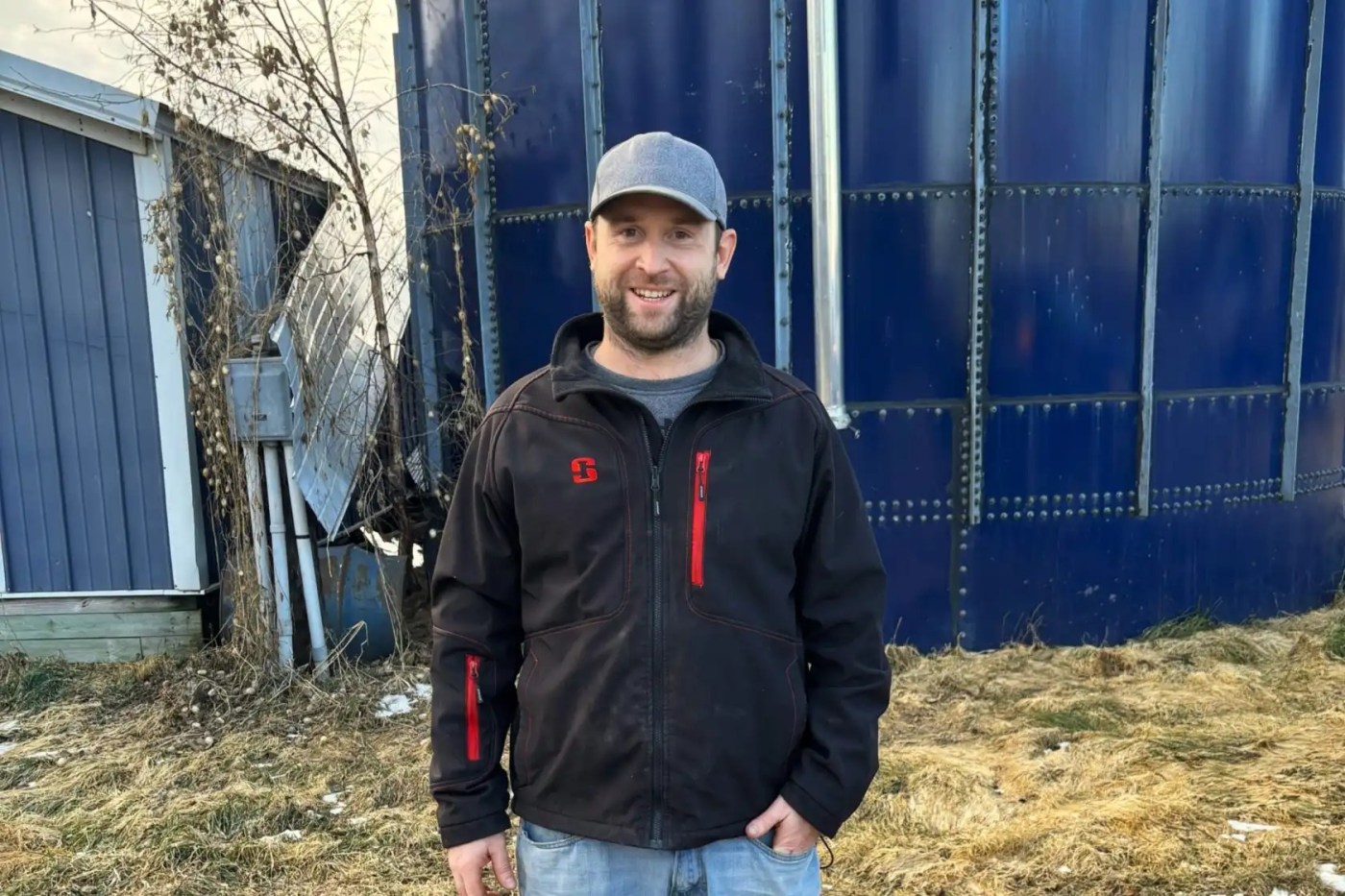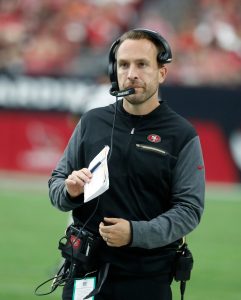
White farmer sues Minnesota, alleging racial discrimination over grant program
BELTRAMI COUNTY, Minn. — A northern Minnesota farmer is suing the governor of Minnesota and the commissioner of the Minnesota Department of Agriculture for racial discrimination.
In a lawsuit filed in federal court, Lance Nistler, of Beltrami County — who is white — argues that his denied application for the Minnesota Down Payment Assistance Grant program was a violation of his civil rights.
According to the lawsuit , Nistler applied for the grant program, which awards qualified farmers with up to $15,000 in grant funding to help them purchase their first farm, in July of last year.
“When Nistler heard of the program, he saw his chance to make his dream a reality and applied for the latest round of grants,” the lawsuit reads. “Despite Nistler being the model individual the state ought to be assisting with farm ownership, and despite being one of the first applications picked in the lottery, he lacked the state’s preferred skin color and sex. His application was pushed to the back of the line, solely because of his race and sex.”
Instructions on the grant program application state that preference would be given to emerging farmers, which are classified as “farmers, or aspiring farmers, who are women, veterans, persons with disabilities, American Indian or Alaskan Natives, members of a community of color, young, lesbian, gay, bisexual, transgender, queer, intersex, or asexual (LGBTQIA+), or urban, and any other emerging farmers as determined by the commissioner.”
A spokesperson for the Minnesota Department of Agriculture said they can’t comment on active legal cases, but the Down Payment Assistance Grant program is continuing as usual at this time.
According to the 2017 Census of Agriculture, fewer than 2% of Minnesota’s 111,000 farmers are people of color.
The Minnesota Department of Agriculture’s Emerging Farmers Office was created by the Legislature in 2021, as a way to help diversify the agriculture industry in the state. Emerging farmers are defined as a group that has been historically excluded from traditional government assistance programs, and those without connections to existing commodity farms.
Participants in listening sessions with the Emerging Farmers Working Group cited access to capital, discrimination, land availability and land prices as barriers to starting their own operations.
Nistler said the farm he’s looking to purchase one day is now owned by his father, where small grains are raised on 800-1,000 acres. He said he worked on the farm while growing up, when it was a dairy operation.
Nistler, who works as a field service technician for Westinghouse Electric Company, said he recently decreased his hours at that job to make more room in his life for farming.
“To become more available to the farm, so I’m here during all the planting and in the summer months,” he said. “And then try to be here through all of the harvest as much as possible.”
He said in the last couple years, he’s gotten “a lot more involved” with the farming operation.
“It’s something I really enjoy doing,” Nistler said. “I’m trying to ultimately just be a full-time farmer.”
He is the only sibling in his family who has interest in taking over the farm, he said.
“I’m really the only, out of all the other siblings, that have been related directly to the operations of the farm,” he said.
But his parents aren’t able to pass the farm on to him without charging a steep price.
“This is their retirement, so it’s not going to be given away,” he said.
When applying for the grant assistance program, Nistler said he considered himself to fall into the category of emerging farmer.
“I felt like I was, or should have been considered as one,” he said. “My chances were limited just because of my color of my skin and the gender that I am.”
Asked if he’s ever felt that way before, Nistler said no.
“Life isn’t fair, but like specifically because of the color of my skin? No,” he said.
Andrew Quinio is an attorney listed on the lawsuit, who said the grant assistance program that Nistler applied for is “fundamentally discriminatory” because it disadvantages farmers based on race.
“If you’re a white, male farmer like Lance, you do not get the eligibility preference for these down payment assistance grants,” Quinio said.
Quinio said the program application should have included at least one question regarding if an applicant had ever felt mistreated or discriminated against because of their skin or gender in the past.
“If this is a program intended to address specific instances of discrimination, which is supposed to be the intent if you’re going to use race, then the application should at the very least ask to name an instance where you have been discriminated against,” he said.
“I think this lawsuit addresses this really improper use of race as a stereotype. The idea that because of your skin color, the state is going to make certain assumptions about you, and it’s going to assume that you are disadvantaged or advantaged, such that it will provide you with a down payment assistance grant or withhold one from you.”
Quinio said this isn’t the first time the Pacific Legal Foundation has taken on a lawsuit like Nistler’s. He said there were several lawsuits during the COVID-19 pandemic regarding loan forgiveness programs.
“Pacific Legal represented several farmers in reversing those through legal challenges,” he said. “There have been a variety of COVID relief grants that were also race-based in different parts of the country.”
“This is something that we’ve definitely taken on, and that we’ve had a history of taking on,” Quinio said.
Related Articles
Willmar man, 75, dies after being shocked with deputy’s stun gun during attempted eviction
Aged off of transplant list but not done living, Bemidji man keeps hope for kidney
Republican Navy vet launches Senate bid against Amy Klobuchar
UMN narrows presidential search to four candidates
Taylor Swift and Barbie are everywhere, including the sides of MnDOT snowplows


